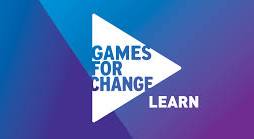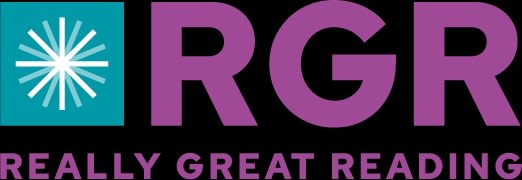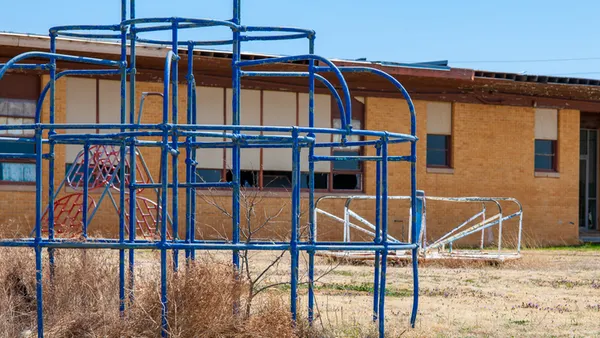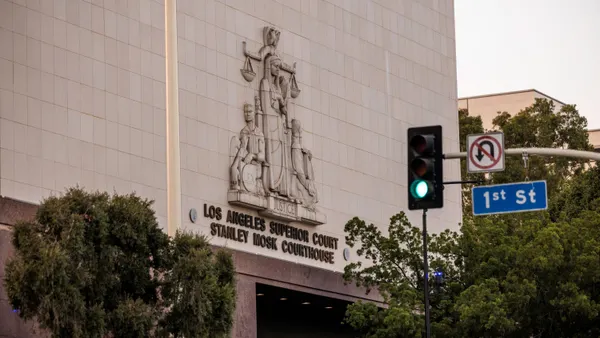The U.S. Department of Justice on Wednesday released a sweeping guidance document that could impact school district hiring and training practices, as well as the programming available to students.
In some situations, districts could be exposed to legal liability by asking job applicants how their "cultural background informs their teaching," using recruitment strategies targeting candidates from specific geographic areas or racial backgrounds, and asking job candidates to describe how they overcame obstacles, according to the memo from U.S. Attorney General Pamela Bondi.
Such diversity, equity and inclusion practices could amount to "illegal discrimination,” said Bondi in a statement on Wednesday. “This guidance will ensure we are serving the American people and not ideological agendas."
The DOJ memo contains examples of practices it lists as “unlawful” and says could lead to federal funding being revoked, as well as a list of recommendations, which it says are not mandatory, to avoid "legal pitfalls."
The guidance issued to all federal agencies also says the following actions could expose federally funded institutions, including school districts,to legal liability based on race, ethnicity or sex-based discrimination:
- Providing teacher training that "all white people are inherently privileged" or training on "toxic masculinity."
- Providing areas, such as lounges, that are primarily meant to provide "safe spaces" for traditionally underserved groups.
- Using demographically driven criteria "to increase participation by specific racial or sex-based groups" in programs and opportunities.
- Asking employees, including teachers, during training sessions to "confess" to personal biases or privileges based on a protected characteristic.
Instead, school districts and other federally funded institutions should provide opportunities to all races and sex-based groups without regard to their protected characteristics or demographic goals, instead focusing on "universally applicable criteria" such as academic merit or financial hardship, the Justice Department memo said.
The guidance could impact districts' efforts to make education more equitable, such as by diversifying the teacher pool through Black educator pipelines, training teachers on implicit and explicit biases, and creating academic or enrichment programs to increase engagement from minority student groups.
The directive is in line with the Trump administration's push to pare back diversity, equity and inclusion efforts, including through the U.S. Department of Education. In recent months, the Education Department has increasingly collaborated with the Department of Justice to enforce civil rights laws, often seeking to protect Asian and White students.
The guidance from the Justice Department illustrates the major shift in how both agencies under President Donald Trump approach enforcement of civil rights laws, with officials now targeting programs that were often launched to fight systemic discrimination.
In April, the Education Department announced a Title VI investigation into Chicago Public Schools over allegations from the conservative group Defending Education that the district's "Black Students Success Plan" implemented in 2023-24 discriminated against students based on race.
In May, the department announced another Title VI investigation into Fairfax County Public Schools over a 2020 revision to the admissions policy at Thomas Jefferson High School for Science and Technology. That policy dropped standardized testing requirements and instead used a holistic review process, which the Education Department said harms Asian American students.
In 2024-25, the highly selective magnet school was 61% Asian and 21% White, with Black and Hispanic students making up less than 10% of the student population each.
The guidance from the Trump administration and the Education Department investigations come after concerns from civil rights groups that recent federal policy changes, along with the U.S. Supreme Court’s 2023 decision in Students for Fair Admissions v. Harvard, would set back educational equity efforts even outside of race-conscious admissions.
Scholarship availability, teacher pipelines and student affinity groups were among the top areas beyond college access that advocates were concerned could be impacted in the wake of that ruling.


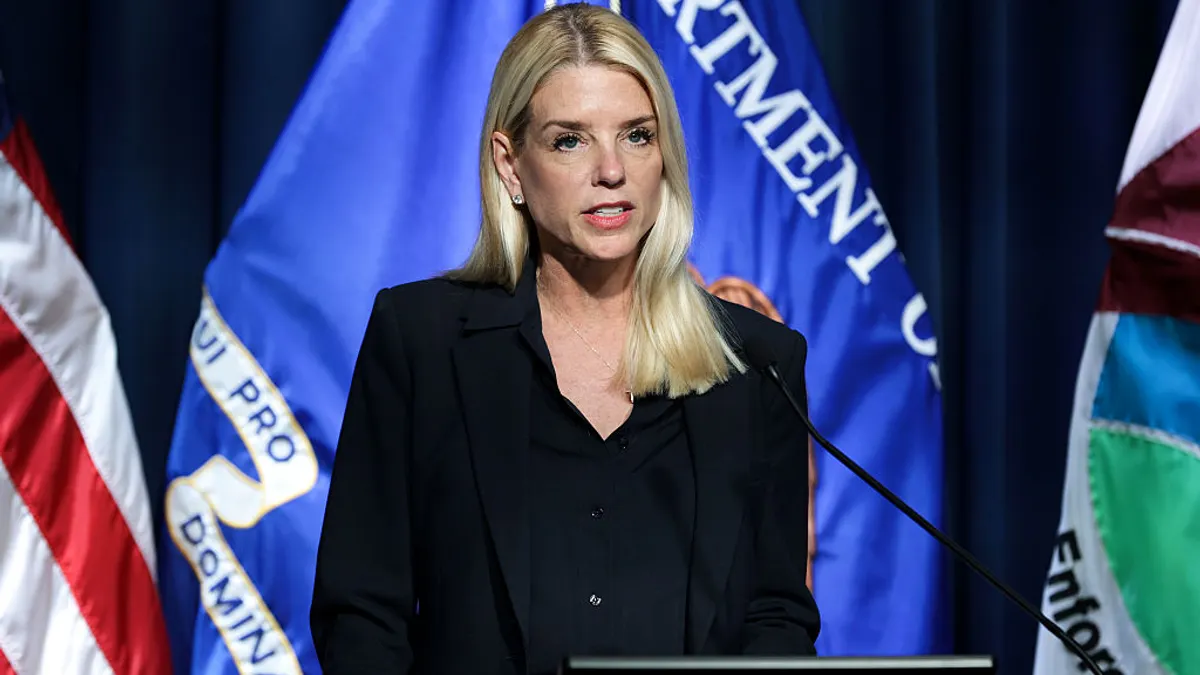



 Dive Awards
Dive Awards
